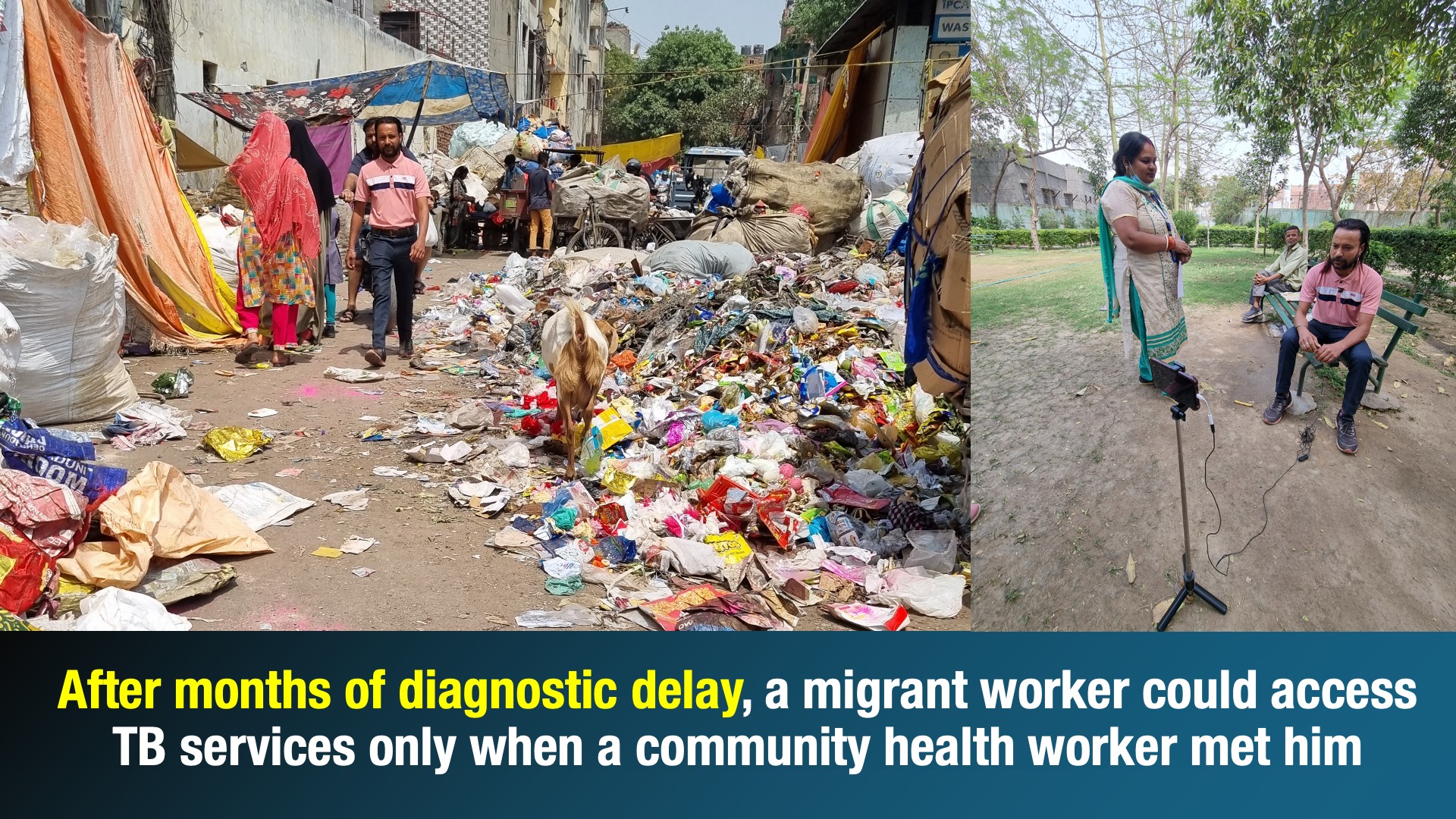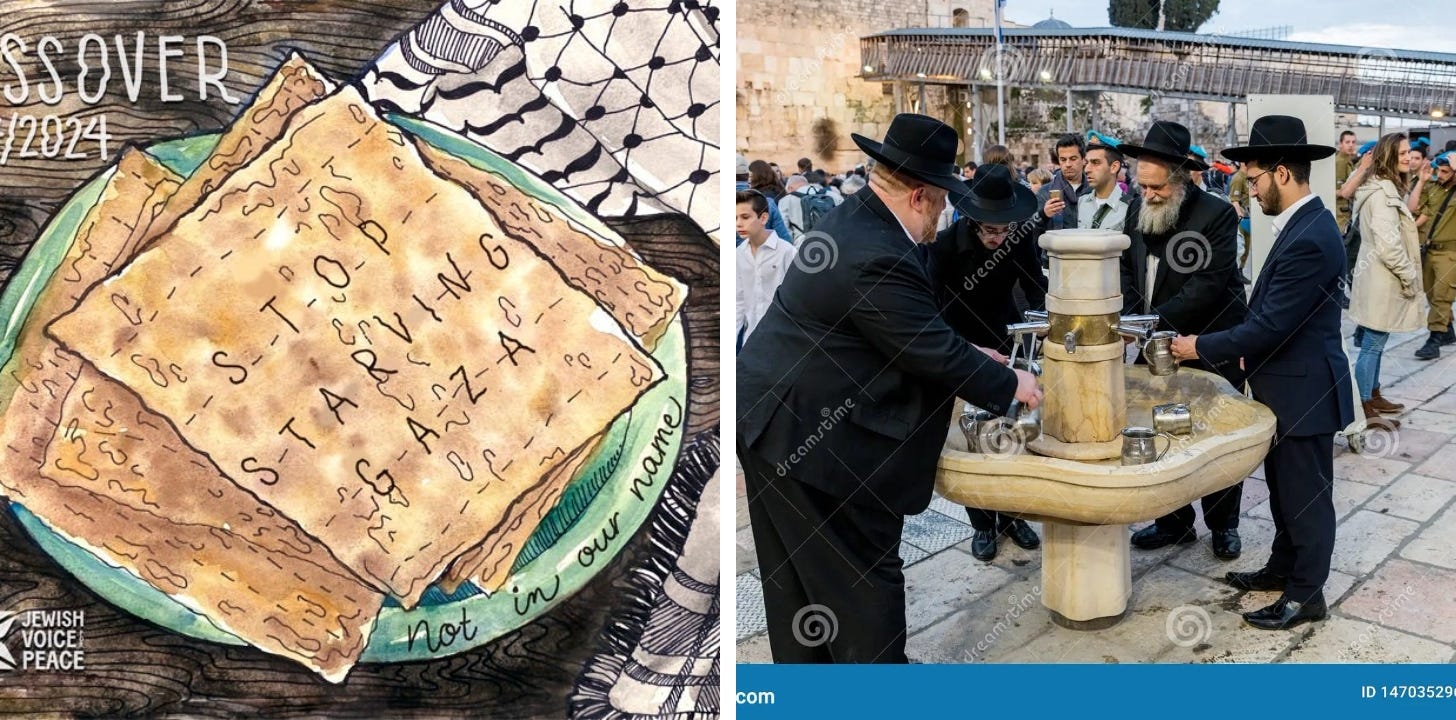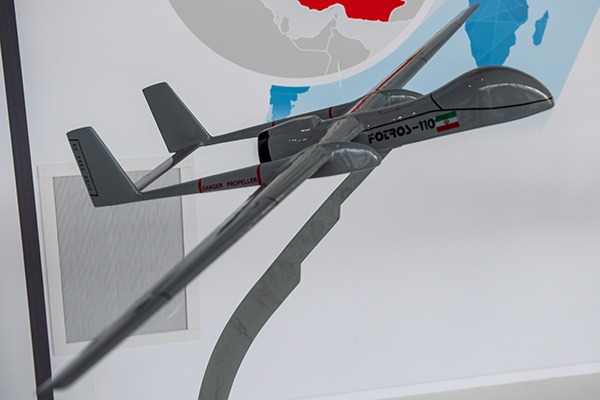A migrant worker who was sick for over three months, actively sought medical help and advice, but his health kept deteriorating. Despite having con
The Sermon by Rev. Patrick P. Augustine on Third Sunday of Advent (Year A), Dec. 12, at Christ Episcopal Church, La Crosse, Wisconsin

Isaiah 35:1-10; Psalm 146 or 146:4-9; James 5:7-10; Matt. 11:2-11 In the wonderful story of Alice In Wonderland one of the characters is a lock. The Lock is very restless and can not be still for a single moment. It is obviously hunting for some
In essence, the entire Gospel story is an answer to the question posed by John the Baptist. We know that even Jesus’ own disciples did not comprehend his words and actions. Jesus was not thinking himself in terms of the Prophet Elijah calling down fire from heaven to destroy the false prophets of Baal. Instead Jesus was thinking of his ministry in the context of Isaiah chapter 35, the great prophecies of restoration and renewal in the plan of salvation of humanity. The immediate context for this passage is a prophecy concerning the return of Israel after the exile in Babylon, in which God provides safe passage through the barren wilderness. However, in later times the passage was seen to describe the messianic age, and as such, is reflected in the Gospel reading for today.
John the Baptist, a man of great faith who was enthused about Jesus is now disappointed in prison and, in sheer desperation, sends his disciples to find out who Jesus is. This is true for many of us. The problem emerges in our faith-life when we begin the Christian life with great enthusiasm, but then lose the vitality of our hope before it fully develops. Initially we may find joy in worship and study of the Holy Scriptures, prayer and service, but as time goes on, other demands undermine our spiritual discipline. Work, recreation or a multitude of competing interests become more important than faith, and soon the passion is gone.
In our faith journey we may also come to a realization that faith can be painful; it sometimes raises more questions that it answers. Faith does not promise us a tension-free life. Nor does it protect us from tragedy or shield us from loss. When we are hurting and God seems distant our faith can lose its passion. In such times, doubting seems safer than believing. The deep passion of trust comes from the kind of faith that risks surrendering to the mystery of God. Reinhold Niebuhr called such faith the “impossibility possibility.” That was his way of speaking of faith as the ultimate paradox, the quality least likely to be found in the broken world, where nothing is certain and everyone’s final destination is the grave. To believe in a good God when life is often so bad requires a willingness to live with contradiction.Yes, contradictions; why God would allow ruthless dictators, incurable diseases and the images on the evening news of drugs and guns, gangs and refugees, economic recessions and wars? We feel numb and perplexed and question: “How could God allow such things.” Why? Our Christian faith does not offer easy answers to make the hurt and the tragedy go away, as easy answers only intensify the hurt. Instead, Christianity meets paradox with paradox. Tragedy becomes triumph when the almighty God enters the human condition and bonds intimately with it. This bonding occurs in the story of the Incarnation, as the Almighty God becomes Bethlehem’s vulnerable Babe, Calvary’s Man of sorrows, and heaven’s risen and victorious Savior.
John the Baptist in his question: “Are you the one who is to come, or are we to wait for another?” here seems to be cynical and giving in his hope in Christ. We know submitting to cynicism and despair in the face of unanswerable questions and perplexing dilemmas only creates restlessness of heart. St. Augustine said, “Our hearts are restless until they find peace in thee.” John’s heart was getting restless. Jesus answer was in the affirmative: “Go and tell John what you hear and see,” he says. “[T]he blind receive their sight, the lame walk, the lepers are cleansed, the deaf hear, the dead are raised, and the poor have good news preached to them.” (Jesus knew that John would recognize Isaiah’s prophecy concerning the Messiah, and would have his answer.)
In Christ, the foundation of the kingdom is even now being laid in the world. It is the same vision prophet Isaiah foresaw at the dawn of God’s Kingdom that “the desert will burst forth with springs, and thus become fertile and productive. The weak will be made strong; the fearful, will be given confidence”. For Christians, this wonderful age foretold is the kingdom of God.
Advent reminds us that there are great possibilities when God incarnate is involved in the affairs of human lives. We are also reminded that we are the herald of this good news. When Jesus died on the despised cross, everyone must have thought his mission was gone with the wind. We know, St. Paul tells us, that the cross was a scandal to the Jews, and faith was foolishness to the Greeks. Both the scandal and the foolishness of Christian faith became the hope as the flood gate of heaven were opened with good news on Easter morning for whole humanity. “Why seek you living among the dead. He is risen. Alleluia!”
The hope of the Messianic age, which Isaiah heralded and Jesus fulfilled, is not meant for some other people in some other place in the past or in some distant future. It is meant for us—for you and me—here and now, amidst all of the promise and all of the pain of our ordinary, yet sacred lives.
As followers of Christ we’re charged, individually and corporately to continue this mission of Christ, of the risen Lord; to work for the wholeness of the marginalized and disenfranchised, to the end that all may one day walk with dignity. We’re to work for the healing of the root causes of poverty and of want — things like lack of adequate education, unequal opportunity, and the insatiable greed of many. We are called to share the good news of the Gospel with hungry souls longing to be fed with the Bread of Life.
We are now called to be the eyes, hands and feet of Christ; to be his instruments of peace; where there is hatred, let us sow love. Like The Lock in the Alice And Wonderland, let us look for opportunities to be unlocked. It is my prayer that during this Advent season our hearts and spirits will be unlocked and be filled with hope that we may worthily serve the world in Christ’s name.
Sources used for preparation of this sermon:
1.Evan Drake Howard, Rekindling the Hope of the Manger
2.Douglas R. A. Hare, Interpretation, Bible commentary on Matthew
3. Tom Wright, Matthew for Everyone-Part one
4.Christopher R. Seitz, Interpretation, commentary on Isaiah 1-139
5. Synthesis-Year A-December 12, 2005
You May Also Like
Mass Exodus from their homes, made refugees and ethnically Cleansed. Why are Palestinians so different from Israelites of Prophet Moses?
In this special Iran-Israel War update, we cover the latest developments in the escalating conflict between the two Middle Eastern powers.Iran'

On demand of our readers, I have decided to release E-Book version of "Trial of Pakistani Christian Nation" on website of PCP which can also be viewed on website of Pakistan Christian Congress www.pakistanchristiancongress.org . You can read chapter wise by clicking tab on left handside of PDF format of E-Book.







